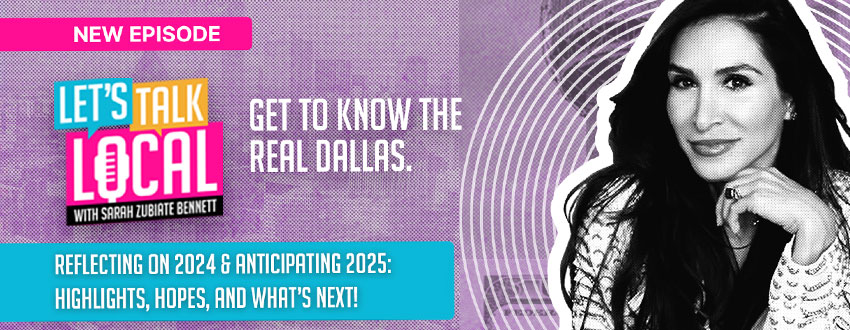Americans like to spend — especially when it comes to putting purchases on credit cards.
A new study finds that 50% of Americans are carrying a higher month-to-month credit card balance than in past years.
It’s a classic Peter AND Paul situation. Americans use credit to rob Peter and pay Paul, but at some point Peter is out of credit to spare.
FOX Business has the details:
Credit cards can serve as a powerful tool, but they also present risks to achieving your financial freedom.
That’s what a new Bankrate survey unpacks as the Federal Reserve Bank of New York released its Q2 report on household debt and credit, showing that credit card debt is growing.
“When you rob Peter to pay Paul, you eventually run out of Peters to rob. And we are getting to that point right now,” Strategic Wealth Partners CEO Mark Tepper told Fox News Digital in reaction to the report.
“It’s important to prioritize credit card debt payoff because this is probably your highest-cost debt by a wide margin,” Bankrate senior analyst Ted Rossman said in the survey.
At least 50% of Americans are carrying a higher balance today, on a month-to-month basis, than they were in March 2020. This is up from just the 44% recorded this past January.
“Credit card balances fell sharply in 2020 as many Americans spent less during the pandemic and used stimulus funds to pay down debt,” Rossman explained. “Since the beginning of 2021, however, credit card balances have been off to the races. According to Federal Reserve data, Americans owe 45% more now on their credit cards than they did in early 2021. And the credit card delinquency rate is at its highest point since 2011.”
Tepper, whose firm oversees more than $4 billion in assets, is generally anti-credit card. He argued the rising debt is a “huge issue” for consumers, and has become difficult to chisel away due to high interest rates. He previously warned of a “consumer credit crisis” on “Mornings with Maria” Thursday.
“The real issue to me from a behavioral standpoint is that in 2021, consumers no longer needed fiscal stimulus checks hitting their mailboxes. The economy was already reopened, people were back at work even if they were working remotely, and we were not in a recession. And the fact that a family of four received over $10,000 in stimulus checks when it was unnecessary, that causes an addiction to consumption,” he further explained.
Respondents noted inflation and high interest rates as main factors for debt in the survey, and, in addition, it found your likelihood of having credit card debt increases with age until the boomer generation.
But Tepper pointed out how “phantom” debt, accumulated by the buy now, pay later apps like Afterpay, Klarna and Affirm, is a hidden hit to consumers’ wallets and the macroeconomy.
“The issue with buy now, pay later debt, it’s estimated right now to be $700 billion,” which the CEO noted is not reported by credit bureaus.


